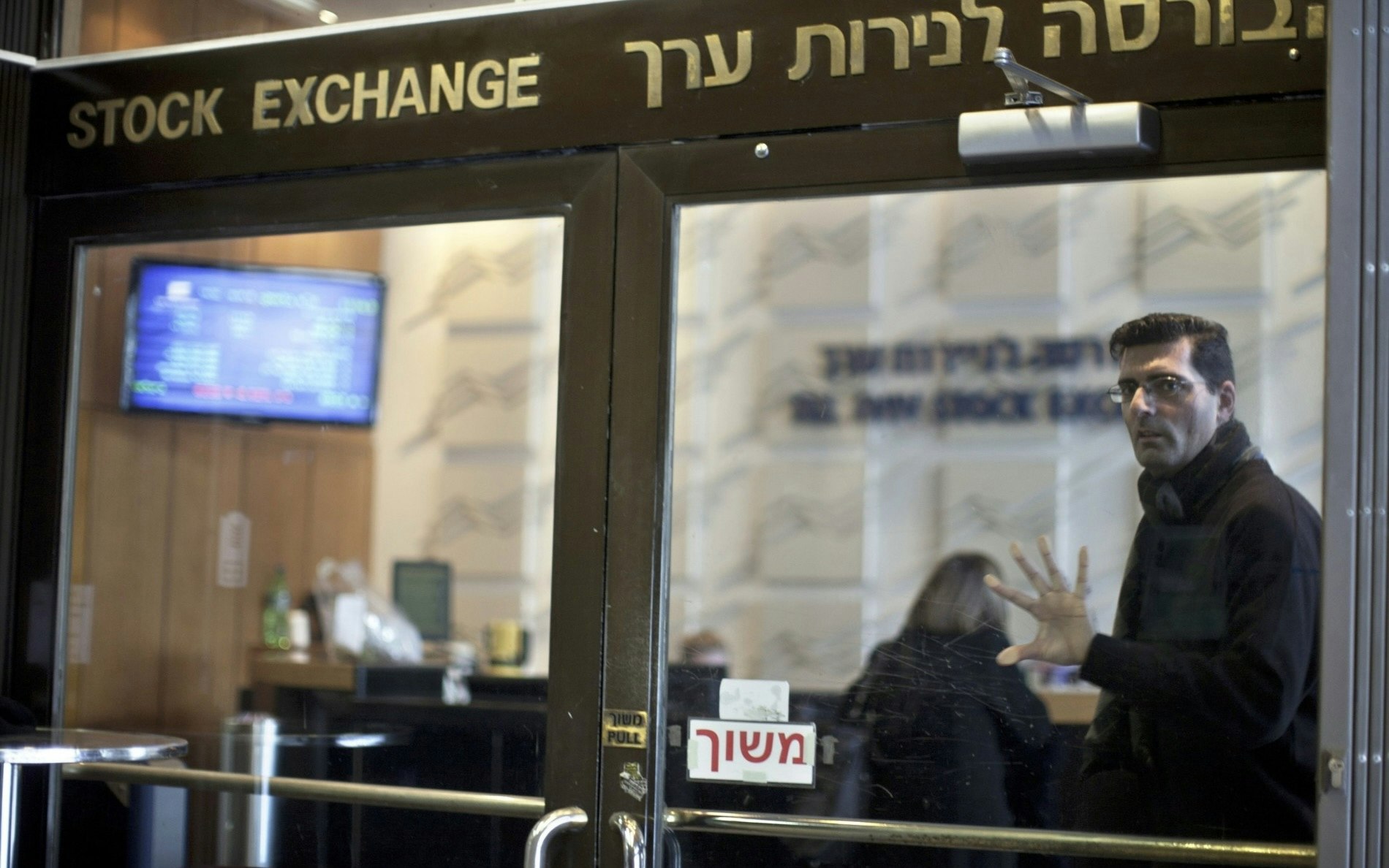Suspicion of insider trading on Israeli stock exchanges prior to attacks from the Gaza Strip has alarmed authorities. US professors have found evidence of significant short selling shortly before the attacks began and suspect that some investors were aware of the Hamas attack plan on October 7 in advance.
Corresponding investigations by law professors Robert Jackson Jr. from New York University and Joshua Mitts from Columbia University found that there were significant short-selling of stocks prior to the attacks. These bets on declining prices were placed in the MSCI Israel ETF, an investment fund that mainly includes stocks of Israeli companies.
According to US researchers, the increase in short selling in the days prior to the attacks far exceeded all previous crisis-related short sales, including the financial crisis, the 2014 Israel-Gaza war, and the coronavirus pandemic. Particularly notable was the sudden increase in trading risky short options on Israeli companies, which expired shortly after the attacks.
The Israeli Securities Authority has confirmed that it is aware of the matter and has initiated investigations along with other relevant parties. As of now, no statement from the Israeli police is available.
Professors Jackson Jr. and Mitts believe that those who were informed about the attack plan benefited from the subsequent events. The supposition suggests that the Hamas might have also potentially obtained significant profits through these stock transactions.
A spokeswoman for the Israeli Securities Authority, however, emphasized that no evidence has been found so far implicating Hamas or other extremist groups in the incident.
Nevertheless, the incident in Israel has led to speculation that Hamas may have derived financial benefit from insider knowledge of the attack plan. Authorities have emphasized that they will take the incident seriously and thoroughly investigate whether insider trading was indeed involved.







